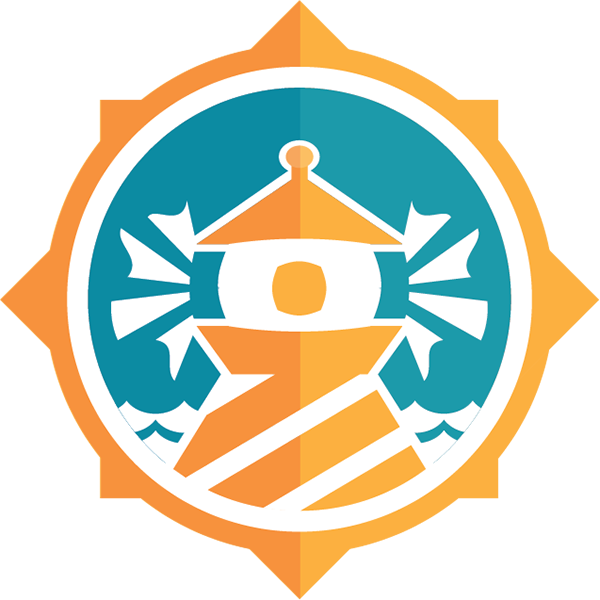Education » Community Programs
Topics
K-12
These programs are free upon request by contacting us.
My Body Belongs to Me (Preschool – 3rd grade)
A safety curriculum designed to help children understand appropriate and inappropriate touches through learning about personal boundaries along with various safety rules. The students are encouraged to say no, to run away (if possible), to tell someone, and finally, to remember it is not their fault if they receive an inappropriate touch. Each child receives “A Day at the Beach” coloring book to take home and share with parents/guardians.
Telling is Smart (3rd – 5th grade)
An expanded safety curriculum designed to teach students how to identify appropriate and inappropriate touches and how to establish personal boundaries. Each child receives a Telling Is Smart pencil.
You’re in Charge (6th – 8th grade)
An empowerment curriculum designed to foster assertiveness skills in students. It helps students understand how to respond and where to go for help if they are being sexually harassed or bullied at school, school events, or on the internet.
Getting Love Right (6th – 12th grade)
A curriculum designed to build communication skills in students, as they are confronted with the issues of abuse and sexual violence. This program also demonstrates coping strategies for dealing with conflict within a relationship.
Internet Safety (6th – 12th grade)
A highly-interactive safety curriculum in which students learn safety guidelines when using the internet, social media apps, and texting. Topics include cat fishing, harassment, and sexting.
Back to TopicsAdult
Hope Harbor offers education and prevention programs for adults throughout the Barren River Area Development District.
Some of the topics include:
Child Sexual Abuse (Adults/Parents)
Teaches individuals the definition of child sexual abuse, how to recognize it, appropriate reactions to disclosures, legal responsibility to report, and where to go for help if a child you know is being abused.
Hope Harbor Services
Gain an understanding of the prevalence of sexual violence common reactions and effects sexual assault and abuse, and how to help others through support and resources.
Back to TopicsProfessionals
Hope Harbor has education and training programs available on a variety of topics that are tailored to each specific audience. If you do not see the program you had in mind, please contact us and we can combine or create a program surrounding the issue of sexual violence.
Child Sexual Abuse (Professionals)
Teaches individuals the definition of child sexual abuse, how to recognize it, appropriate reactions to disclosures, legal responsibility to report, and where to go for help if a child you know is being abused.
Dating Violence for School Nurses
Teaches early warning signs of teen dating violence, and current reporting laws.
Survivors Response to Sexual Violence
Describes common responses during an assault; an overview of rape trauma syndrome, flashbacks, and the impact trauma has on the brain and secondary experiences.
Rape Culture, Awareness and Prevention
Informs on current laws, consent, the history of rape awareness programs, and the shift towards prevention and culture change.
What App is That?
A training for parents and educators. Participants gain an understanding of current popular apps that youths are using, how to start the conversation of being online, and setting boundaries online.
Talking to Kids about violence in the media
Teaches how to start the conversation of talking with children about the violence in media, appropriate responses to culture change, and healthy boundaries.
Survivors Response and Hope Harbor Services (Law Enforcement)
This training is designed to help law enforcement officers have a greater understanding of the common responses during and after a sexual assault, role of the advocate, and Hope Harbor services and resources available.
Back to Topics